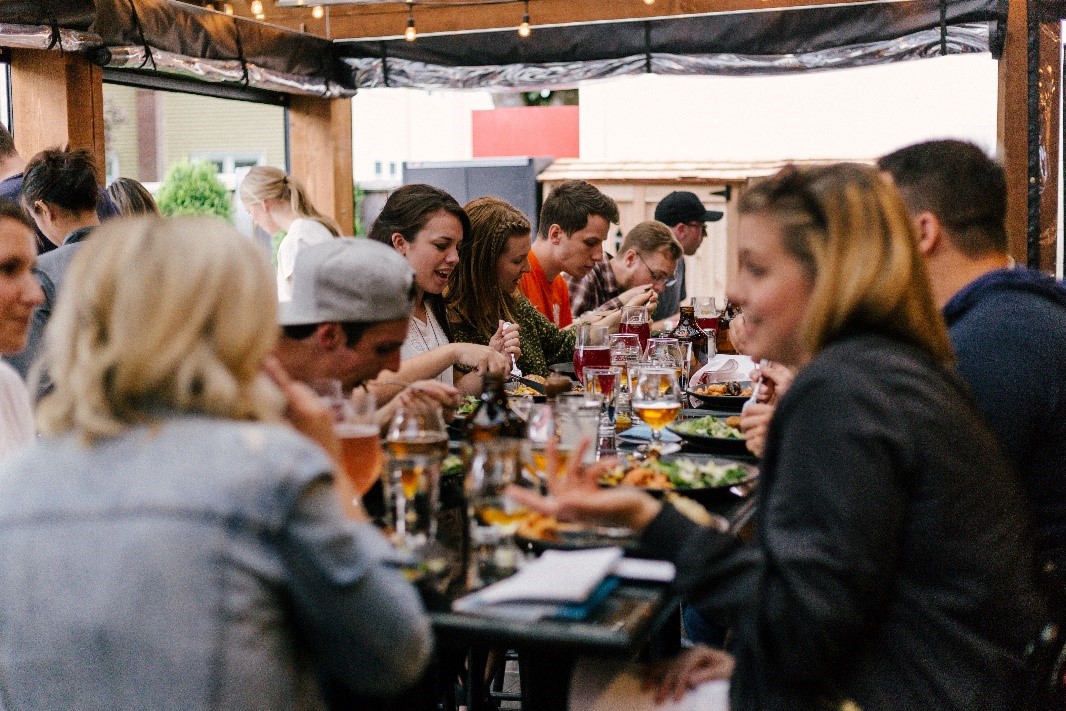CD SKILLS - Missing safe gluten free restaurants, a patient story from Romania
17-11-2021
I have been diagnosed with celiac disease when I was more than 30 years old. So, part of my life I was able to enjoy the "normal" lifestyle, going out and eating in restaurants without any concerns regarding gluten. I was able to go anywhere, anytime.
After my diagnosis, my social life changed drastically. There are no safe gluten free eating out options in the city where I live. Meetings with friends and colleagues have changed; they are much shorter and less spontaneous. I definitely cannot go anymore anywhere I want, anytime. Going out in the evening is not something that I can do spontaneously. I have to go home, eat something, and then go out and enjoy time with friends. It is uncomfortable to watch others eat and one not be able to participate, to share the moment. My friends are very nice and supportive and they rarely eat in front of me, as they understand that it is not something I fully enjoy, nor do they. Nevertheless, the time I spend out has reduced significantly and the type of interactions changed since I need to follow a gluten free diet.
When I meet new people, we cannot just go out for a lunch or dinner and get to know better as other people do, as there are no safe gluten-free options. So, I might be perceived as less open and less willing to spend time with friends, even though I am not.
There have been moments when I needed to choose something from the menu that was closest to a safe gluten free option. I often had the feeling that the personnel from the restaurants does not fully understand what is gluten and what are the requirements of a gluten free diet, why it is important to avoid cross-contamination and how this can be achieved.
I strongly believe that there is need to increase awareness about celiac disease and gluten free diet. More knowledge, experiences, good practices are needed to be shared with stakeholders from restaurants, café, catering in order to create the premises of safe gluten-free options for persons with celiac disease, and thus to improve their quality of life and allow them to have a satisfactory social life. Food is never just food, it is an important part of building social ties, enduring relationships, and not being able to share it has a strong negative impact.
Photo Unsplash Priscilla du Preez

